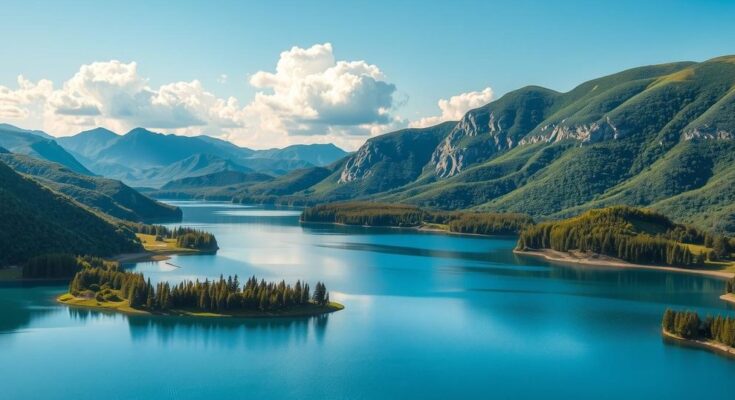The crisis in the DR Congo due to M23 rebels has drawn in Rwanda, Burundi, and Uganda, each with distinct motives and interests. Congolese President Félix Tshisekedi aims to reclaim lost territory and confront external influences, particularly from Rwanda. Meanwhile, regional dynamics illustrate deep-seated historical tensions that complicate the already precarious situation.
The Democratic Republic of Congo (DR Congo) is experiencing a significant crisis as M23 rebels occupy strategic areas in its mineral-rich eastern region, igniting a humanitarian and diplomatic emergency. This zone has a history of external intervention, complicating the situation further. Neighboring countries, including Rwanda, Burundi, and Uganda, are deeply entangled in the conflict, while discussions are underway for an emergency summit to forge a resolution.
The ongoing conflict in DR Congo is rooted in its complex geopolitical landscape, where territorial disputes over valuable mineral resources have led to prolonged instability. The involvement of regional powers introduces layers of strategic interests. President Félix Tshisekedi of DR Congo seeks to repulse the M23 forces, which are allegedly supported by Rwanda, complicating matters as regional dynamics shift and tensions rise.
The crisis in the DR Congo underscores the intricate web of regional interests and historical grievances involving Rwanda, Burundi, and Uganda. With competing narratives and alliances at play, a peaceful resolution requires diplomatic efforts that acknowledge the multifaceted nature of the conflict. The international community’s response remains crucial in mollifying tensions and fostering stability in the region.
Original Source: www.bbc.co.uk




